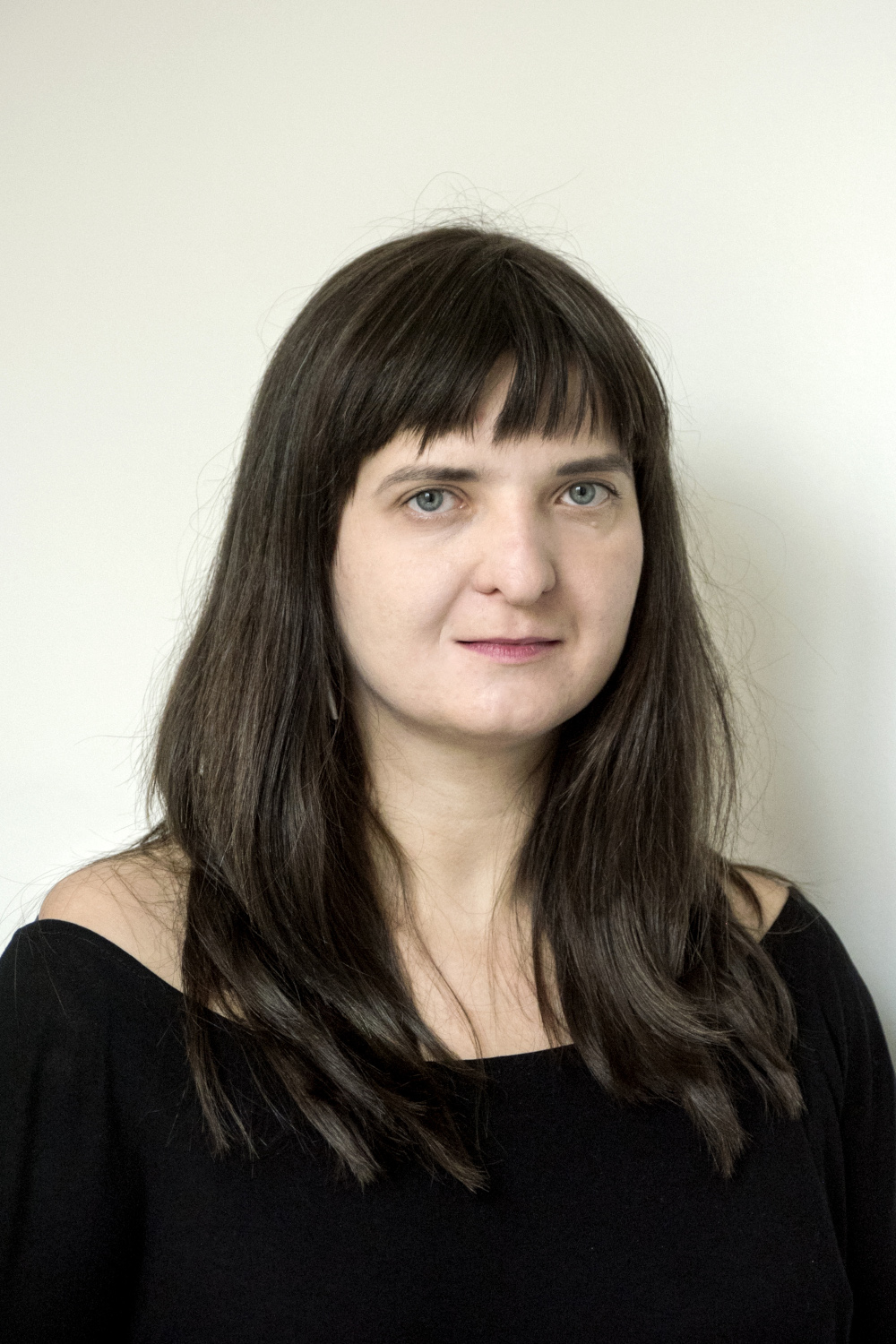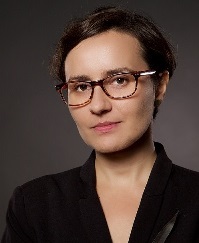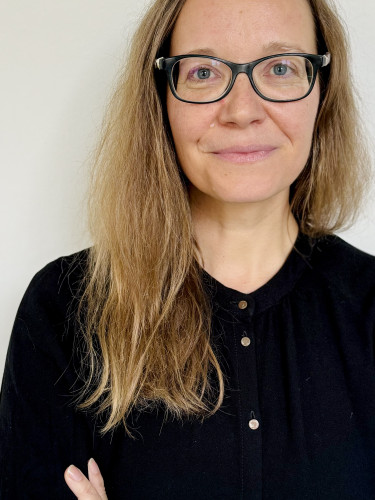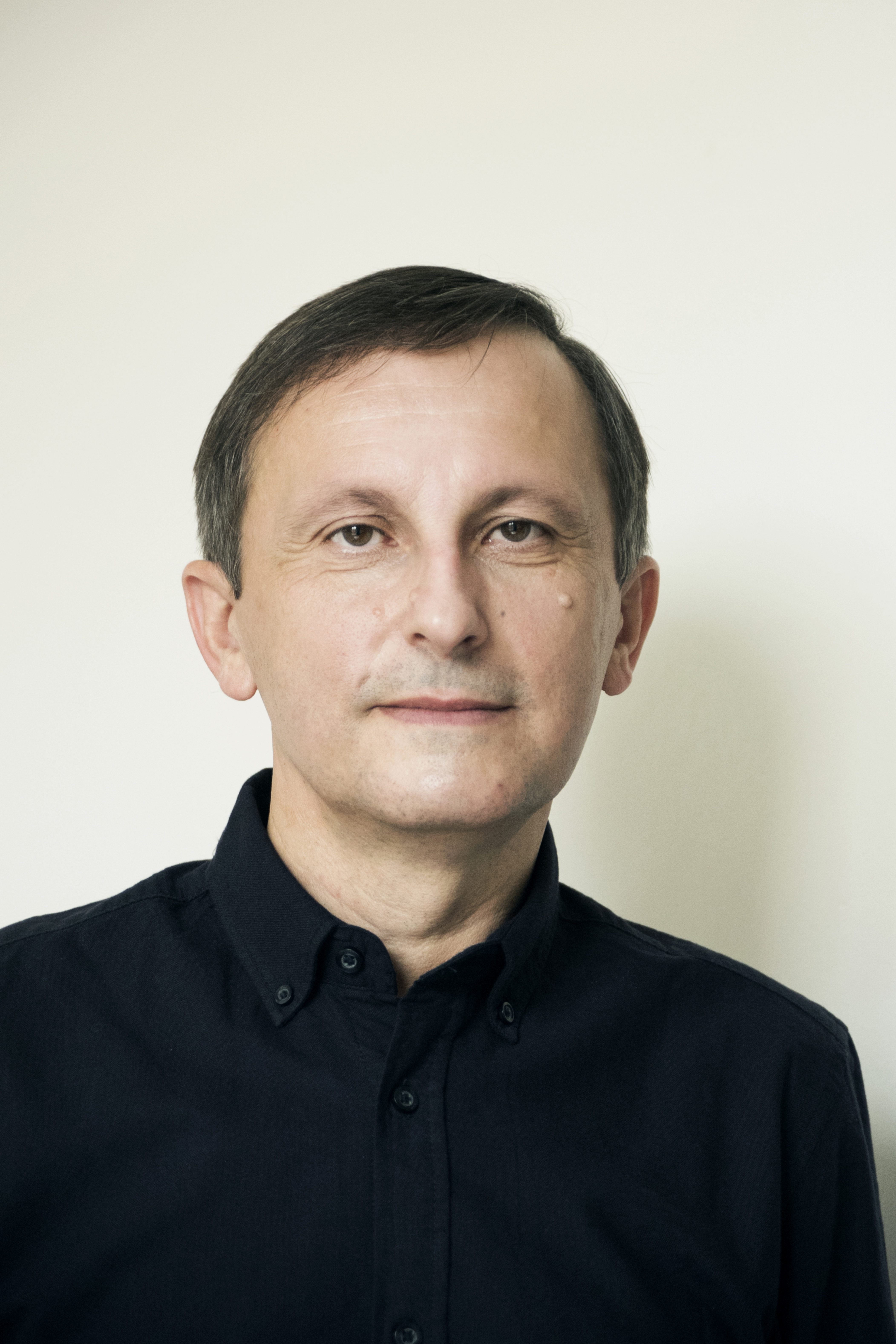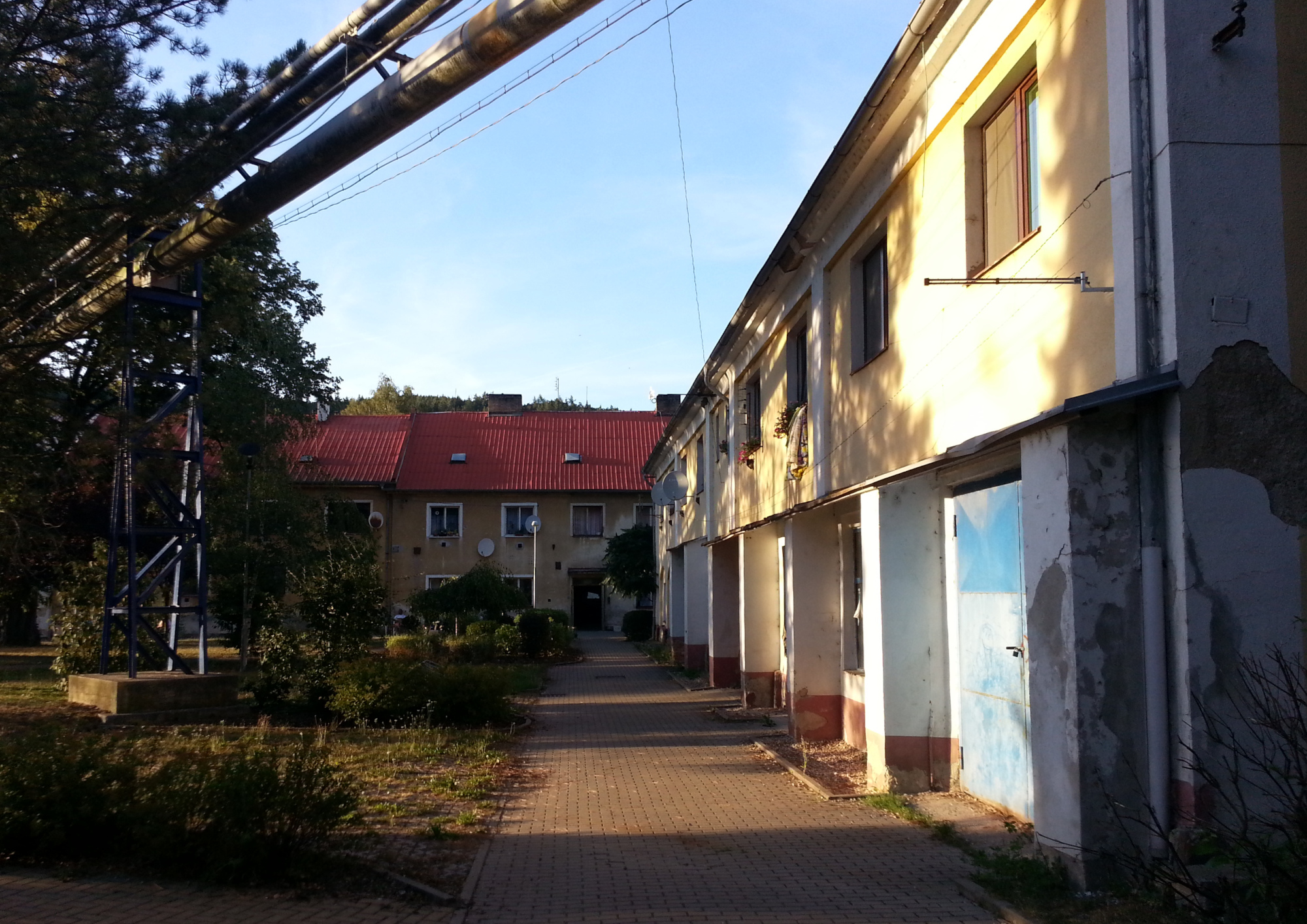
Hot on the heels of the last year’s inaugural lecture and the online conference, CESCAME invites you to an exciting series of three guest lectures on the city, sustainability, urban practices and politics, everydayness and informality and their potential for social change.
Why won't urban informality disappear? Marketisation, social embeddedness and shifting spaces of informality in urban mobility
Lela Rekhiashvili
Leibniz Institute for Regional Geography, Leipzig
Literature on urban informality in post-socialist East has concerned itself primarily with how informality relates to state, whether it operates “ beyond”, “in-spite of”(Polese et al., 2018) or “under the auspices” of the state (Olma, 2021), all the while dismissing what kind of socio-economic orders are produced, reproduced or contested by informal practices. Lack of interest in diversity of socio-economic logics of informal practices coupled with overall dominance of capitalocentric attitude in social science (Gibson-Graham, 2006) has often led to implicit and explicit equation of urban informality with market-like practices. Initially seen as a transitional phenomenon to disappear alongside advancement of capitalism in the region, urban informality proved resilient throughout the past decade. In this talk I elaborate on how urban informality relates to capitalism, and why it's being reproduced.
Drawing on long-term ethnographic study of various subaltern groups in Tbilisi – informal transport workers, and informal parking guards – and inspired by Polanyian reading of non-market forms of social integration and Gibson-Graham’s diverse economies perspective – I illustrate challenges of seeing urban informality as yet another, albeit inferior, manifestation of capitalist relations. Such an approach misleadingly portrays informal or ‘shadow’ or ‘second economy’ under socialism as a space for capitalist entrepreneurship. It also is often seen as one of the negative legacies of Socialism, as well as manifestations of the deficiencies of the new capitalist economies of the East. The suggested political solution to the prevalence of informality seems to be the establishment of deeper and more institutionalised forms of capitalism, to ‘emancipate’ informal entrepreneurs. In contrast, in this talk I illustrate that informal economic practices, especially those pursued by urban subaltern groups, often subvert rather than resemble capitalist relations, are socially embedded and have their own reciprocal and redistributive logics. Established forms of urban informality are being reproduced and new forms of informality emerge in the face of each wave of Neoliberal marketisation policies. They stay continuously important to absorb social-costs of marketisation, to ensure social reproduction, and doing so, also to enable capitalist accumulation. In the light of these findings, I suggest that informality is not an outcome of unfinished marketisation but rather a product of marketisation, its not necessarily resembling capitalist relations but is an integral part of it, primarily because it represents the non-capitalist ‘other’, necessary for expansion and reproduction of capitalism.
The lecture will be held on 12 October, 14:00 - 16:00 CET, Institute of Sociology, room 207 and on Zoom.
For both online and offline participation, please register here.
